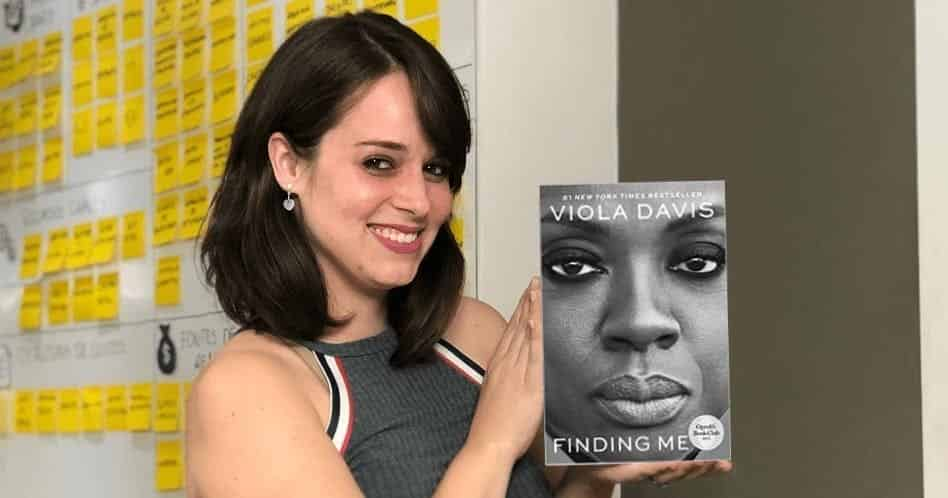
Finding Me: A Memoir - Viola Davis
Could the place and conditions of your birth define you? Learn the story of Viola Davis, one of today’s most famous and influential actresses who has triumphed against prejudice and life’s adversities.
Choose language:
